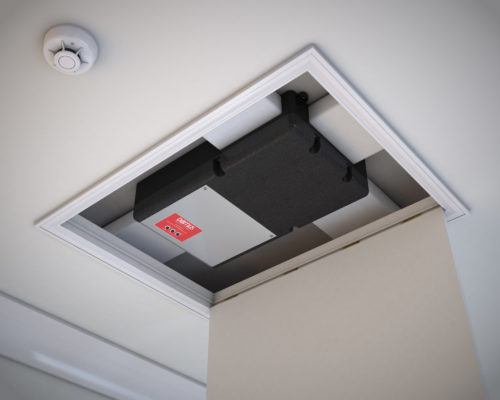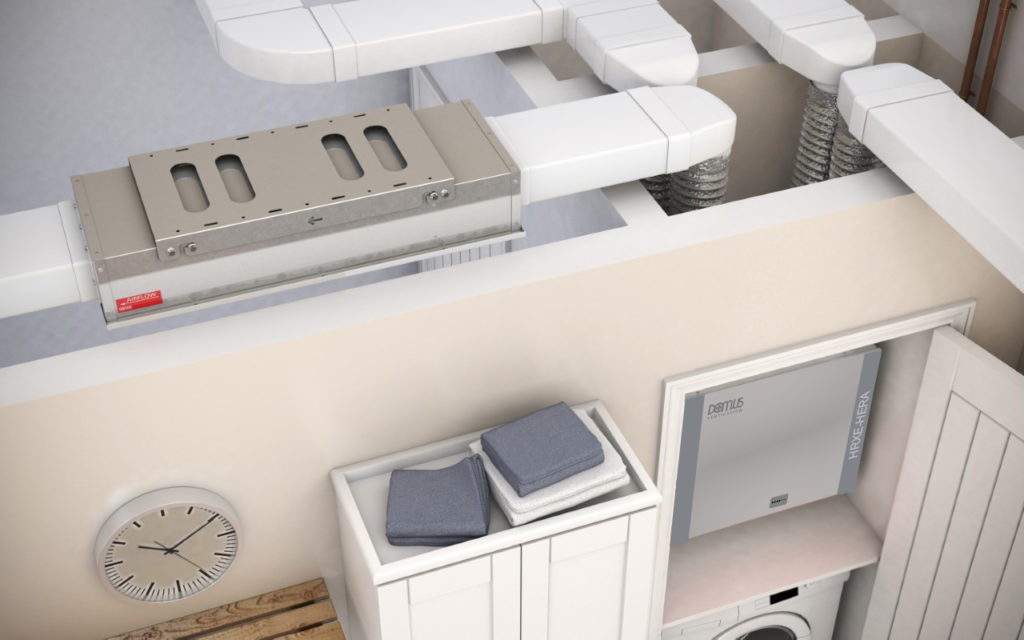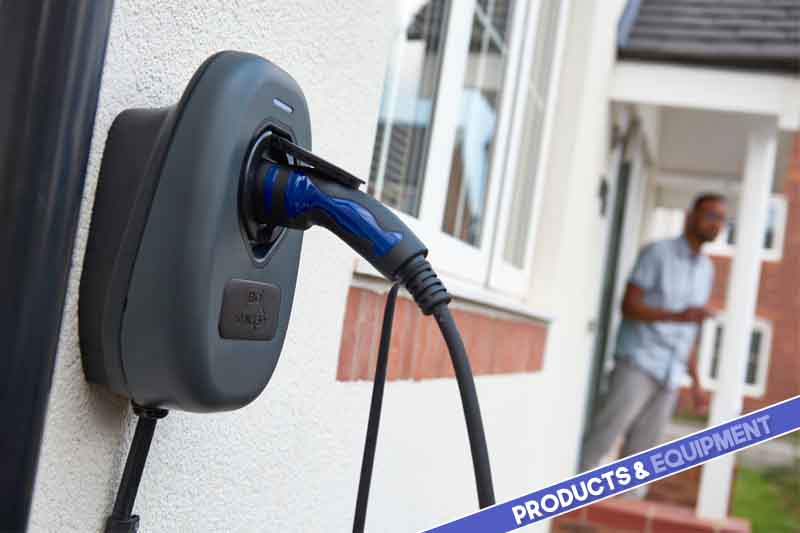Ventilation has become a key concern in our buildings. It has progressed from the primary concerns around condensation and mould prevention, to reducing over-heating in the more air tight new homes we began to build in response to the Code for Sustainable Homes.
Ventilation in our homes has never been more important and is a growth area that wholesalers can tap into.
Air pollution
According to NHS England, pre pandemic, 30% of preventable deaths in England are due to non-communicable diseases specifically attributed to air pollution. Particulate matter, notably PM2.5 and NOx, are the biggest threats outside, but also inside as these particles can easily enter our homes around closed doors. This has been sadly brought to the fore by the recent recognition of air pollution as a cause of a person’s death for the very first time in the UK, and possibly the world.
Ventilation solutions
Whilst extract fans in bathrooms and kitchens provide a basic level of ventilation and are low in cost, they are only one step above opening a window. They may be something that you are used to stocking and selling, but profit margins are low.
For a more effective solution, and one that represents a far greater business opportunity for wholesalers, whole house mechanical ventilation solutions can’t be beaten, especially if it’s a Mechanical Ventilation with Heat Recovery (MVHR) system.
MVHR combine supply and extract ventilation in one system. They work on the principle of extracting and re-using waste heat from ‘wet rooms’ (kitchens, bathrooms, utility spaces). They efficiently pre-warm the fresh air drawn into the building with waste stale air using a heat exchanger. The filtered, pre-warmed air is then distributed around the home, effectively meeting part of the heating load in energy efficient dwellings. Domus Ventilation’s new HRXE-HERA and HRXE-AURA MVHR units feature advanced heat exchange proficiency enabling up to 95% of waste heat to be recovered. They come with 100% thermal (summer) bypass which automatically activates when the air temperature reaches a pre-set level, allowing in cooler, fresh, filtered air without warming it through the heat exchanger.
MVHR systems provide effective ventilation, are energy efficient, extremely effective at reducing the risk of virus transmission, condensation and cold air draughts and, with their built-in air filters, are particularly useful in more polluted urban areas.
A lower cost, easier to install alternative to MVHR that you might want to consider, Mechanical Extract Ventilation (MEV) systems are also available. These actively extract air from wet rooms via ducting to a central ventilation unit which exhausts to the atmosphere. The systems are typically two speed, providing low speed, continuous trickle ventilation and high-speed boost flow. Replacement fresh air is drawn into the property via background ventilators located in the habitable rooms and through air leakage.

Filtering out pollution
Whole house mechanical ventilation systems are effective in distributing fresh air throughout the home. But in more polluted areas, such as cities, bringing air into the home also brings in dangerous pollutants, especially if the property is located near a busy road. In these instances, ventilation has to be combined with filtration. The Domus Ventilation NOX-FILT, for example, works on the supply leg of the ducting system of a mechanical ventilation system and prevents up to 99.5% of NO² pollution from entering a home. There are two units in the range with the second one having the added benefit of a PM2.5 pre-filter. This not only provides customers with an effective solution but is also a good upsell opportunity.
Consider expanding your ventilation range and knowledge from basic extract fans to mechanical ventilation to take advantage of this growth sector.

FOR FURTHER INFORMATION
To learn more about the ventilation systems available from Domus, visit: https://domusgroup.com/





